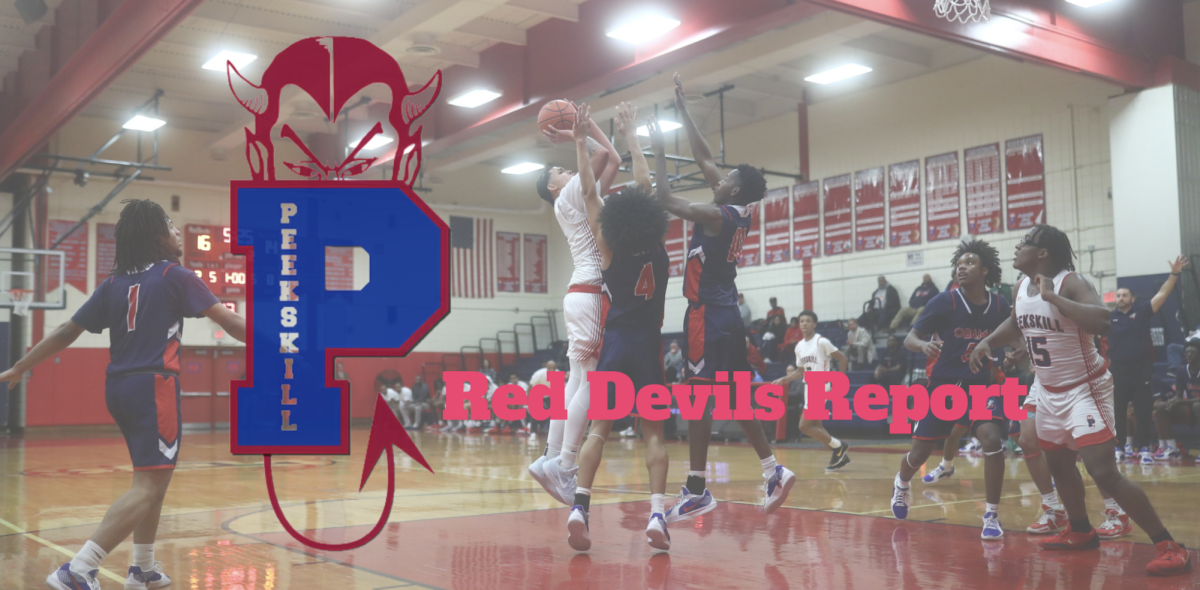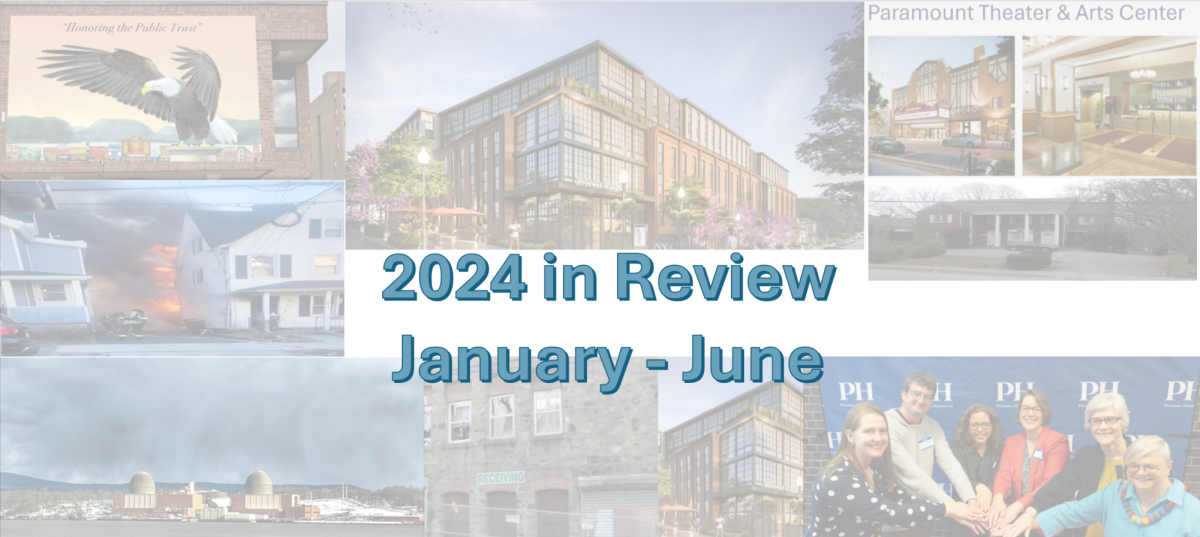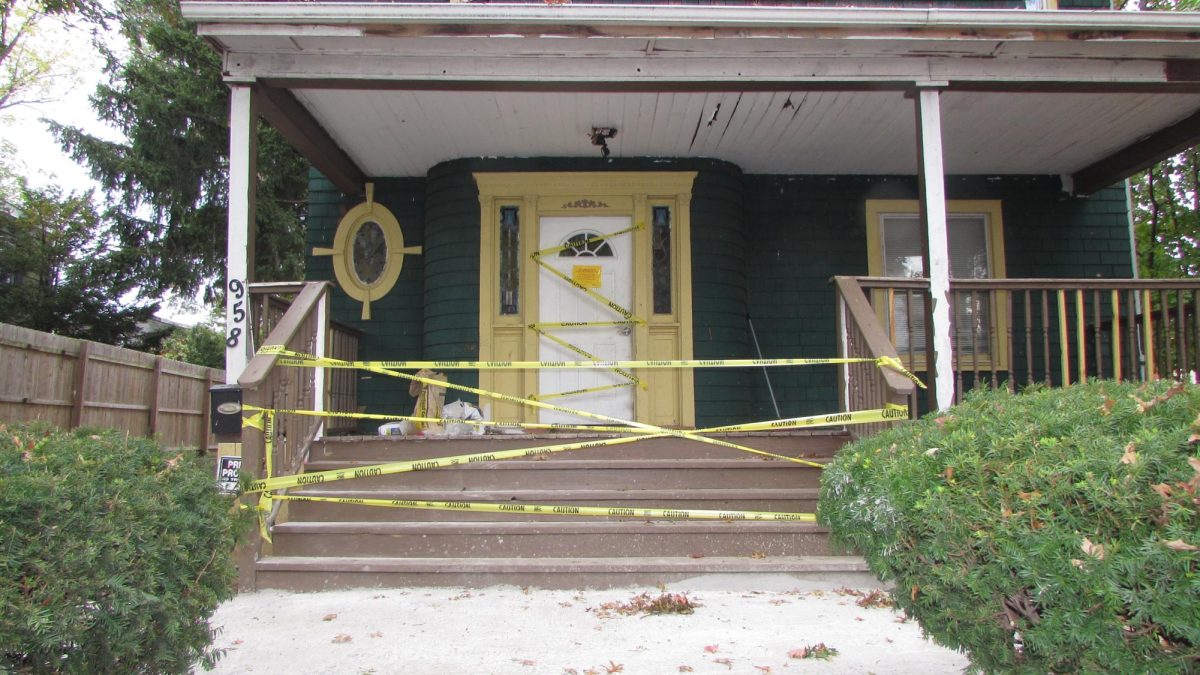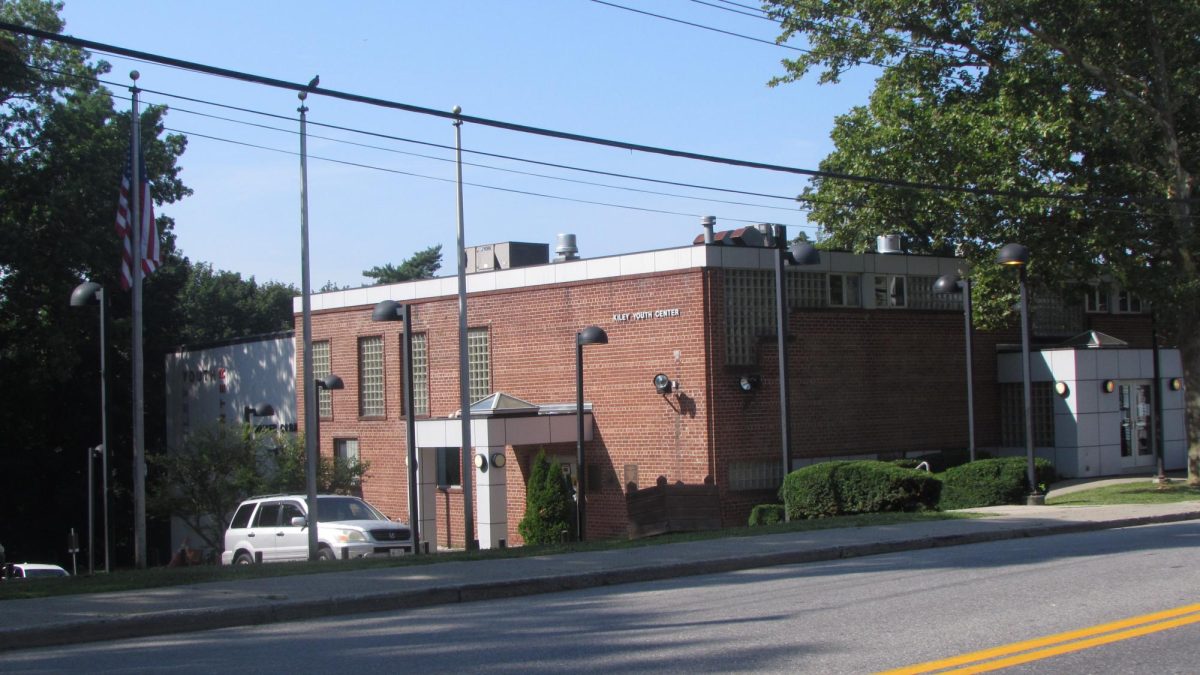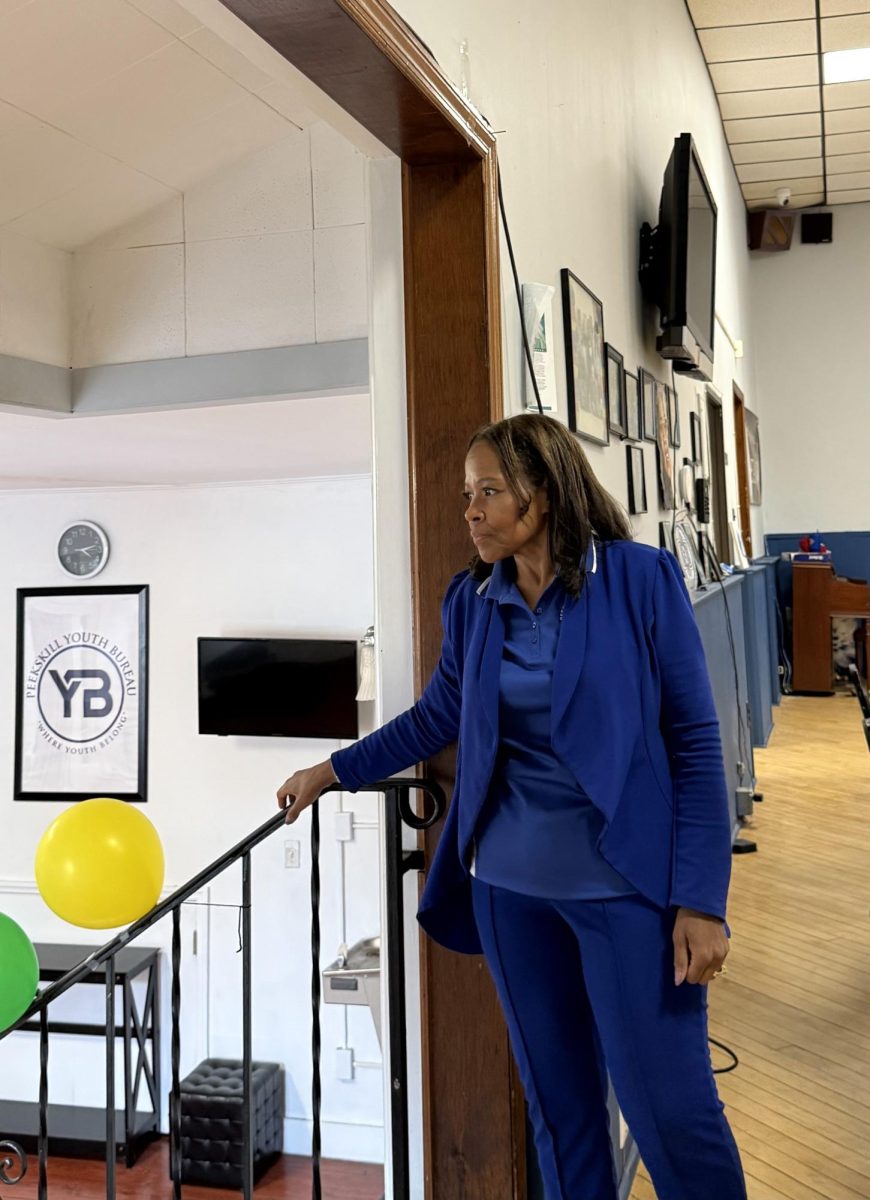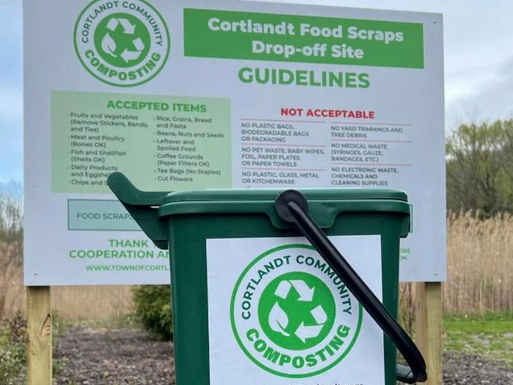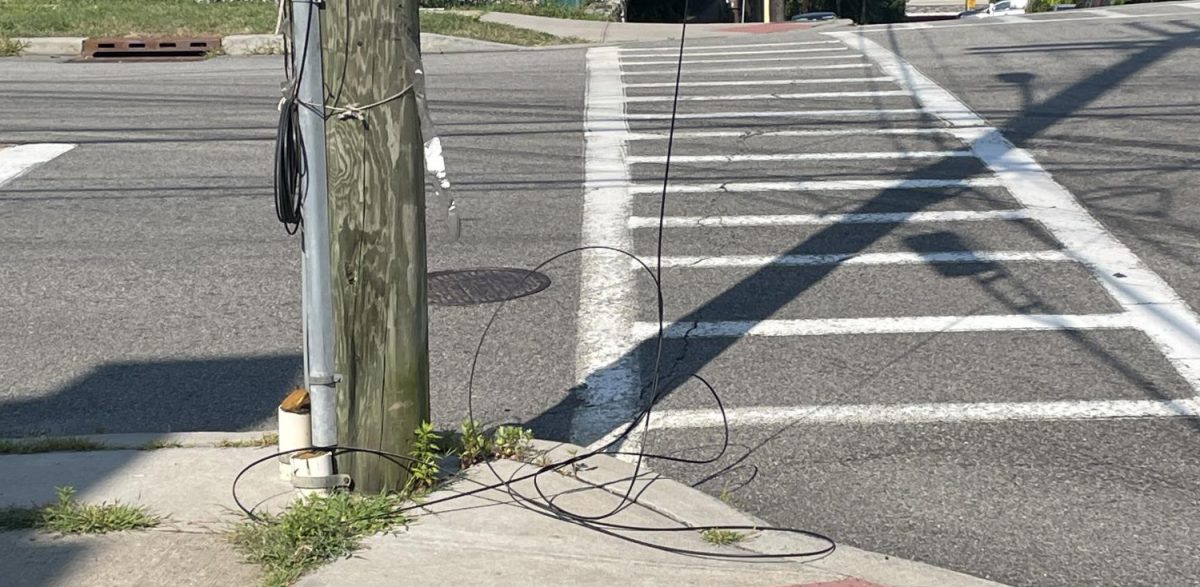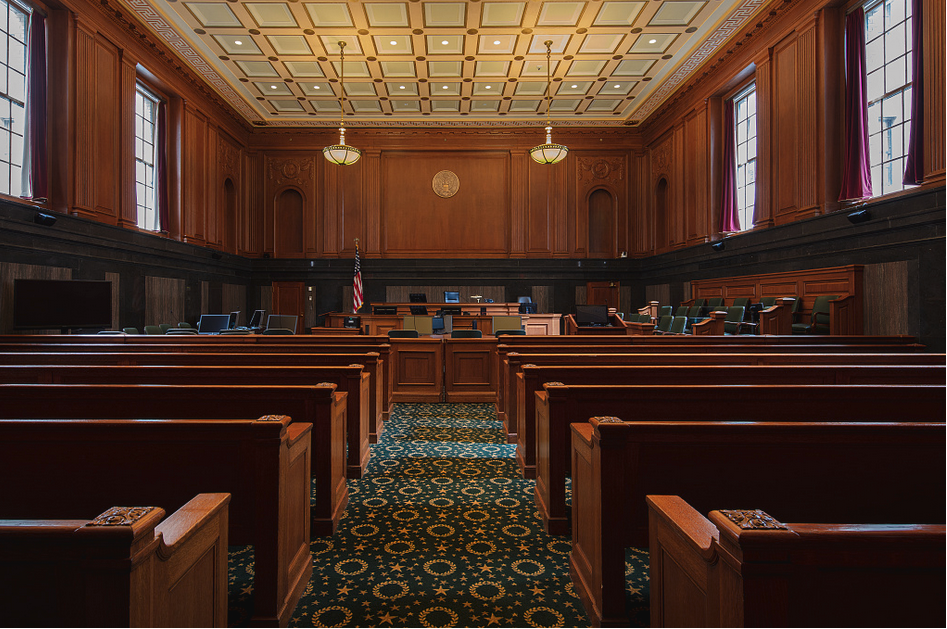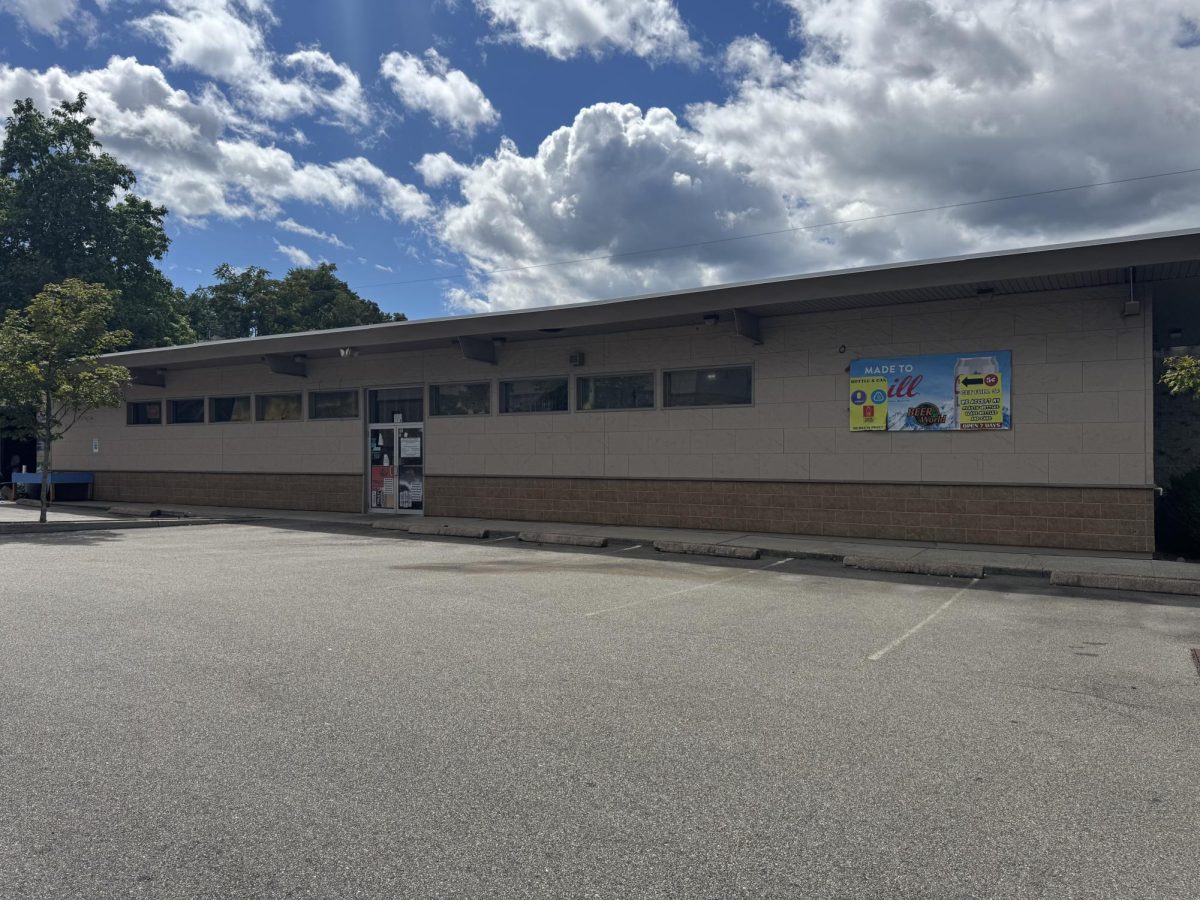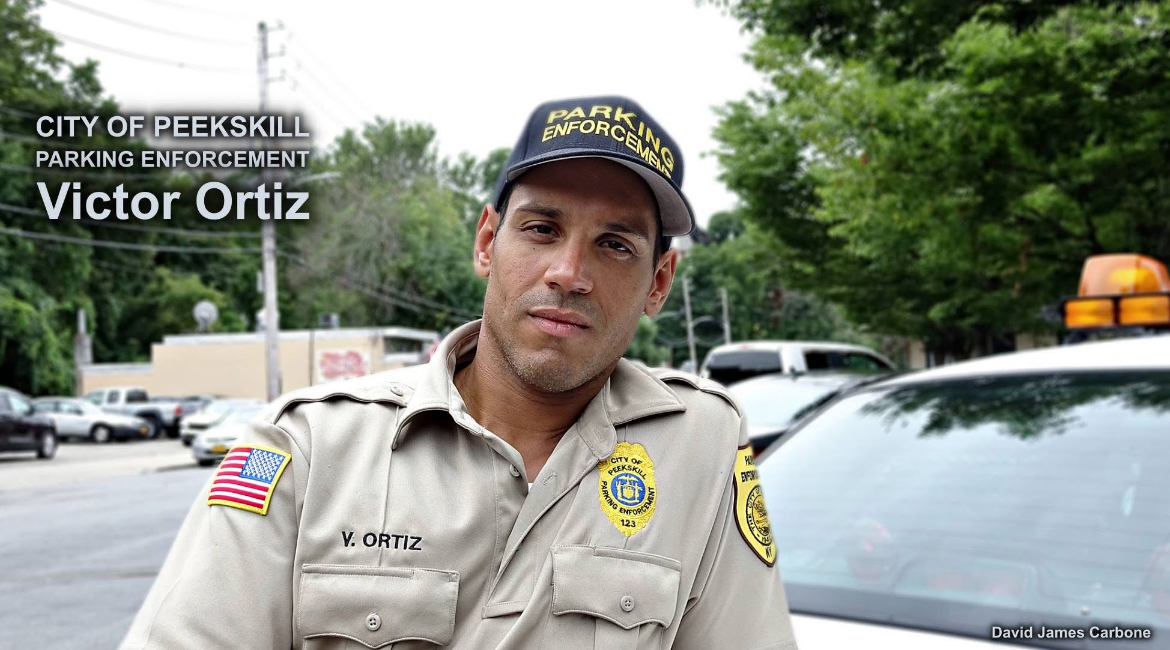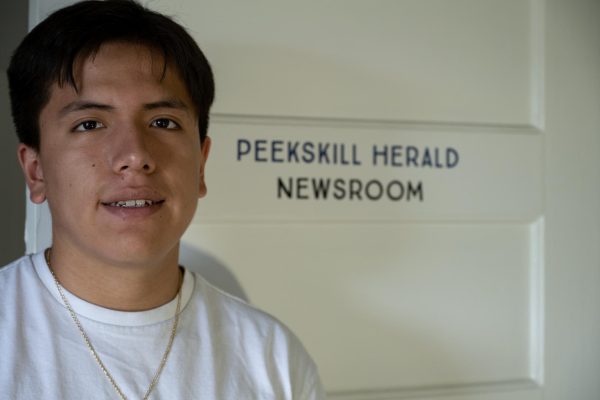A heated, and at times accusatory, discussion amongst council members regarding the proposed free shuttle service from the train station to the gazebo in downtown Peekskill ensued during the June 24 Common Council meeting. The new shuttle service aims to enhance accessibility and convenience for both residents and visitors, while serving as an economic tool for the city. The shuttle will run from 4:00-10:30 P.M. on Fridays and 12:00-8:00 P.M. on Saturdays. This initiative is sponsored by Peekskill’s Business Improvement District (BID), which, through donations and other funding sources, will pay the city for the cost of the service, and provide insurance coverage. The city will provide the driver and the shuttle for this project.
Councilman Ramon Fernandez vociferously opposed moving forward until the council received more logistical information. However, other council members said that Councilman Fernandez had had ample time, prior to the council meeting, to request more information. They stressed the importance of acting quickly, so as to take advantage of the summer and fall tourist season.
Several local taxi operators also voiced their opposition to the proposed shuttle service. “You said it’s a win-win for everybody, it’s not a win-win for everybody. It’s a win-win for the people getting a free ride, not the people who are not going to make money,” said Anthony Bazzo, part owner of Atom Taxi.
Ultimately, the Common Council passed a resolution authorizing the city manager to sign a MOU with the BID to provide the shuttle services. Councilman Fernandez and Councilman Scott abstained.
Council members at odds over shuttle proposal
City Manager Matthew Alexander first presented the shuttle service to council members at the June 10 meeting. Questions and concerns about the services being too broad were raised by the council during this meeting. After requesting more information from Alexander, the council pulled from the agenda a resolution that would have allowed the city to enter into an agreement with the BID for the shuttle services.
The Herald reached out to the BID to clarify questions regarding the insurance on the shuttle. Bill Powers, Executive Director of the BID responded, “The BID is exploring options to provide appropriate insurance coverage for the shuttle service that meets the city’s requirements before the shuttle becomes operational.” An older vehicle already owned by the city will be used for this service.
At the June 10 meeting, Councilman Fernandez expressed concerns about the potential affects the shuttle service would have on taxi drivers, citing issues with “Go Peekskill” (a discontinued free shuttle service) as an example. (Councilman Fernandez works for a local taxi service.)
Discussion on the shuttle service resumed at the council’s June 24 meeting. Councilman Ramon Fernandez again expressed concerns about the program, this time wondering about liability insurance. He felt the council needed more information before making a decision.
In response to Councilman Fernandez’s comments, Mayor Vivian McKenzie said “It’s a vehicle that we own. Every vehicle that we own has liability insurance on it.”
Adding to the Mayor’s response, Councilman Brian Fassett stated the Memorandum of Understanding (MOU) would simply create a formal understanding between the BID and the City. The shuttle program would be more fully described in a subsequent legal agreement.
Councilman Fernandez, unsatisfied with the responses, requested the council hold a private conversation to go over the logistics. Councilman Fassett noted that the goal is to get this project underway for the summer and delaying the MOU could prevent that. There was a palpable tension between Councilman Fassett and Councilman Fernandez.
Fernandez then asked if there would be a conflict of interest for council members who have businesses in the BID (such as Mayor McKenzie, Councilman Rob Scott, and Councilman Fassett), who may benefit from the shuttle service. In response to this query, Mayor McKenzie said, “I don’t think you want to bring that conversation up because there’s a real conflict that you would not be able to vote on this.” (As noted above, Councilman Fernandez works for a local taxi service.) Councilman Fernandez said that he does not, as a rule, take fares to or from the train station, so he would not face any conflict for this issue.
Mayor McKenzie then noted that even the suggestion of conflict or impropriety is reason enough for a council member to recuse themselves: “So whether you [Councilmen Fernandez] go to the train station and pick up people, the appearance is that [you do].”
Corporation Counsel Michael Hartman agreed with the mayor. Hartman also noted that council members who also own businesses in the BID would not face a conflict because those individuals would still end up in the BID, whether they take the shuttle or other transportation services. Hartman went on to say that Councilman Fernandez might face a conflict of interest because he has a direct stake in how (via his taxi services) people enter the BID.
Local taxi operators worry the shuttle will crowd them out
Three taxi drivers pleaded with the council to reconsider the shuttle and take their livelihoods into account.
Anthony Bazzo, a 25 year veteran taxi operator, said, “Every time a taxi issue comes up, it’s for Peekskill to cost us money, never to help us.” He added that the council may believe it’s a win-win for all the parties involved, but it’s not for taxi drivers, since the city would be making money at their expense.

He continued, “I don’t understand the mentality that you think we’re not worth being part of an equation of success.”
Matilda Walter Smith, also in opposition of the shuttle, spoke on the challenges taxi drivers are currently facing. She stated that taxi drivers have to regularly renew permits in order to operate legally, and face challenges with gas prices. She added that the council should consider that taxi drivers often have to take many small fares just to make a decent amount and this shuttle would hurt them.

The final speaker, the owner of Luz’s Taxi, recalled the struggles many drivers endured during the “Go Peekskill” time period. She said although taxis were available at the train station, people chose to wait in long lines for the shuttle because, “they knew it was free.”

Two emails for public comments on agenda items were received by City Clerk Cassandra Redd, which were put into the record, but not read publicly, as is the Council’s policy.
Go Peekskill
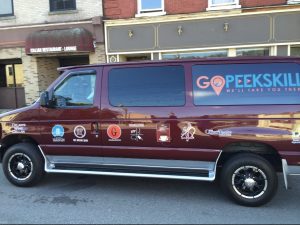
The “Go Peekskill” initiative referenced at the council meeting was a free weekend shuttle service that started in 2014. The service was a private collaboration between several local business owners: John Sharp, Sunny Cover, Patrick Conlon, Steve Zwick, Chuck McGreal, and Louis Lanza.
Initially, the shuttle service route went throughout downtown Peekskill. In 2016, the shuttle began offering free rides from Peekskill Train Station to the Gazebo at the intersection of Division and Park Street. The shuttle ran from 5 p.m. to 12 a.m. on Fridays, 10 a.m. to 12 a.m. on Saturdays, and 10 a.m. to 9 p.m. on Sundays. The City of Peekskill and the Business Improvement District sponsored this service.
RIDE! Peekskill

Marketed as the evolution of Go Peekskill, RIDE! Peekskill was a hyper-local transportation system in the race for the city of Peekskill’s $10 million DRI grant award. RIDE! Peekskill was seen as the solution to the city’s mobility issues, the lack of tourism-based transit service on weekends and evenings, and the difficulty of living in Peekskill without access to a car.
The group’s founders, John Sharp, Naz Quadri, Fred Camino, and Tom Walsh, wanted to create an electric bike share network, with the addition of electric shuttle trolleys and an app service in the future. The group sought $68,000 in DRI funding for their $80,000 project, but did not receive it because the project did not meet DRI guidelines.
According to the city’s DRI Strategic Investment Plan, the mobile RIDE! app was proposed as a way to link destinations for commuters, downtown residents, and visitors. The app would have had features that showed the location of the shuttle trolley along the route and the location of the electric bicycles, while also allowing users to pay for services.
Although the project fell through, it received strong support throughout the public engagement process. The DRI Strategic Investment Plan states that a public survey determined that 60 percent respondents supported this project, with 17 percent indicating disapproval.






